Solar Heating a Florida Pool – There have been many advances in solar pool heaters, and they are a great way to heat your pool without paying the gasman.
Swimming without a Heater in Florida
A lot depends upon how you use your pool and your tolerance for colder water temperatures. Pool owners up north are completely comfortable swimming in 75-78ºF water and 78º is typically the temperature required for pools hosting competitive swimming events. Here in Florida residents usually like their pool water a little bit warmer, usually at least 80º or more.
During the swimming season here in Palm Beach County a screened pool will typically be at least 80º or warmer for at least three months and may reach as high as 83–85º from mid-August to mid-September. Open air pools are a bit warmer because the pool surface generally receives more direct sunlight and thus more solar energy, and may it may stay comfortable for an extra month or more.
 What are the health benefits of heating your pool?
What are the health benefits of heating your pool?
Physicians and physical therapists regard swimming as a beneficial form of exercise because it works the entire body without direct impact stresses on joints. A properly heated pool can safeguard your health and contribute to your general well-being by allowing you to be able to more safely exercise throughout the year. Many Florida residents heat pools for therapeutic reason and you will probably want to heat it to the 85 – 90º range.
Pool Heater Costs and Economics
Compared with a gas heater or electric, about how long will it take for a solar pool heater to pay for itself with savings?
Every pool is different. Not counting the installed cost of a gas heater and propane storage tank you have priory installed, you can usually recoup the additional cost of a solar pool heater within about a year for propane and approximately 2 years if you are currently hooked up to a natural gas line. On average, a pool in Florida uses about $600-700 a season when using an electric heater, so the return is even quicker (costs are much higher if electric or gas is used “year-round”).
“Year-round” use assumes you have been keeping a pool at least 80°F or so during the spring and fall and at least at a minimum of 76°F or so during the winter. A large financial benefit of solar is that today’s quality solar pool heating panels have useful lives of 20-25 years or more, while the average gas heater lasts about 7-8 years.
Solar Heating a Florida Pool
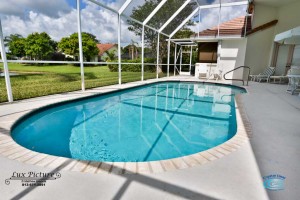
Crystal Clear Aquatics Pool & Spa Services
Solar heating your pool is as completely automatic as using propane or natural gas. All you do is set your pool pump automation system to run during the daylight hours, then set the solar pool heater automatic control temperature to the desired temperature. The system takes care of the rest. Sensors compare the temperature at the solar collectors with you pool water temperature. The typical set up is whenever the solar collector temperature is at least four degrees warmer than your pool water, the control system adjusts a valve which diverts pool water through the solar collector panels if your pool temperature is not at the desired set temperature.
And even if your pool cannot reach your preferred temperature setting during the coldest, cloudiest winter weather, your pool will always be warmer than a neighbor’s unheated pool, without you spending a one red cent on electric, propane or natural gas fuel.
In the interest of fairness, if you have never heated your pool, and you install a a solar pool heater, your electric will go up a wee bit, as your pump will be operating not only to filter, but to heat as well. If you currently heat your pool with either electric or gas you already know this.
Will solar heating a Florida pool work for me?
Florida gets its fair share of sun, so put it to good use. At Crystal Clear Aquatics we see every situation as different and relying upon established “rule-of-thumb” thoughts can lead to unrealistic expectations. Some of the many factors CCA considers when solar heating a Florida pool are;
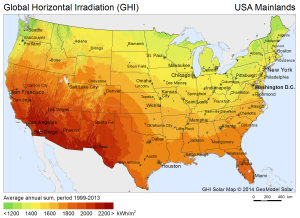 Type of pool use (therapeutic, general exercise, children playing, casual dips, etc.)
Type of pool use (therapeutic, general exercise, children playing, casual dips, etc.)- Distance between pool and pool heater
- Preferred general swimming temperature
- Therapeutic temperature requirements
- Screen enclosures and other direct shading of pool surface
- Open space and general wind flow patterns
- Availability of sufficient direct sunlight (un-shaded roof or other location)
- And more, such as current use of pool covers, etc.
The bottom line is solar heating a Florida pool beats gas or electric hands down. If you currently don’t heat your pool, it will easily double your swimming season year after year.
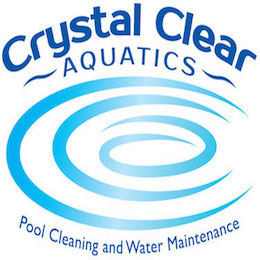
Contact Crystal Clear Aquatics Pool and Spa Services today for all your Palm Beach County pool cleaning, maintenance and equipment needs today at (561) 318-6750 or info@ccapoolservices.com. Call or drop us a line and get honest answers to your questions today!
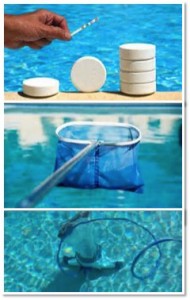 Sure, we install pool heaters, LED lighting, energy efficient pool pumps, salt water chlorine systems, and more. But we also do regular pool maintenance to keep your pool or spa “Crystal Clear”.
Sure, we install pool heaters, LED lighting, energy efficient pool pumps, salt water chlorine systems, and more. But we also do regular pool maintenance to keep your pool or spa “Crystal Clear”. Stabilizer treatment is added semi-annually at a slight additional charge. Annual replacement of filter cartridge is highly recommended for proper filtering performance of your filter, and is offered at competitive rates.
Stabilizer treatment is added semi-annually at a slight additional charge. Annual replacement of filter cartridge is highly recommended for proper filtering performance of your filter, and is offered at competitive rates.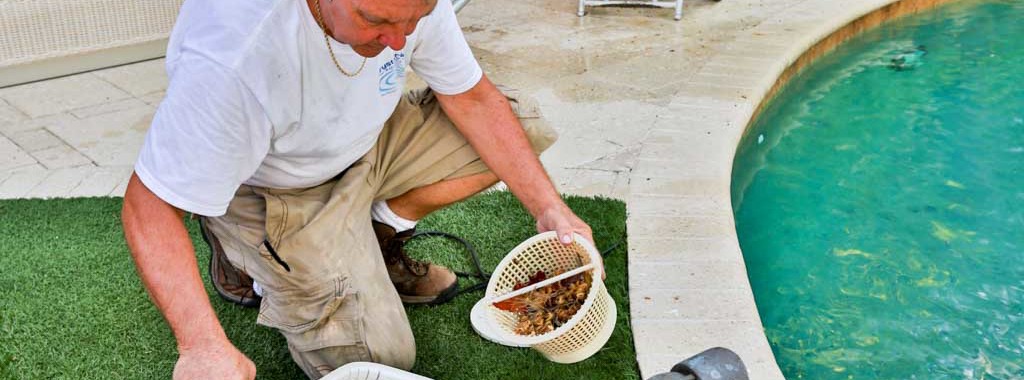
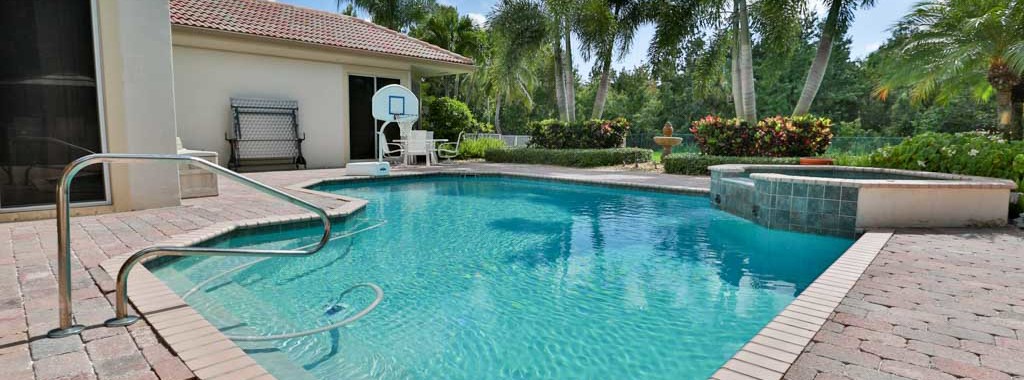
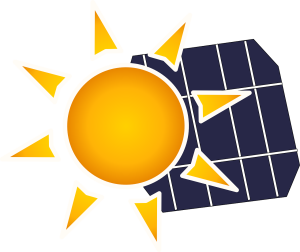 Here’s the simplest way to think about solar heating a Florida pool. Solar can heat your pool about 15º warmer than without any gas or electric heater year round. This should yield at least 9 months of comfortable swimming, and possibly some winter swimming when the weather is warm. All of this comes with absolutely zero operating costs. A heat pump can heat your pool to any temperature you desire, any day of the year, no matter what the weather conditions are. There is a steeper operating expense, but it might be worth it to you.
Here’s the simplest way to think about solar heating a Florida pool. Solar can heat your pool about 15º warmer than without any gas or electric heater year round. This should yield at least 9 months of comfortable swimming, and possibly some winter swimming when the weather is warm. All of this comes with absolutely zero operating costs. A heat pump can heat your pool to any temperature you desire, any day of the year, no matter what the weather conditions are. There is a steeper operating expense, but it might be worth it to you.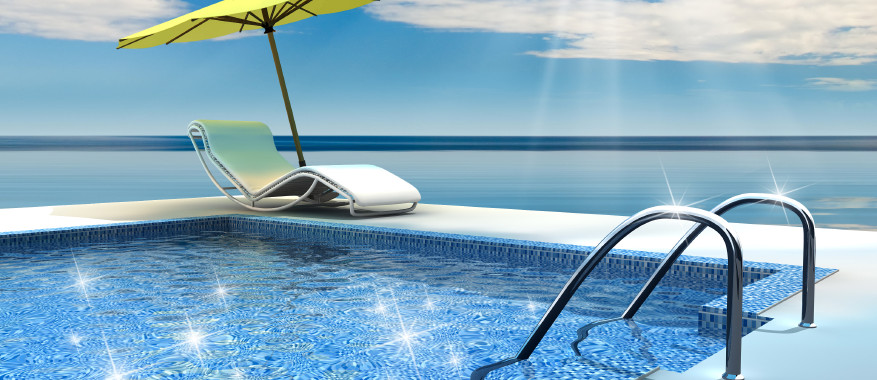
 What are the health benefits of heating your pool?
What are the health benefits of heating your pool?
 Type of pool use (therapeutic, general exercise, children playing, casual dips, etc.)
Type of pool use (therapeutic, general exercise, children playing, casual dips, etc.)
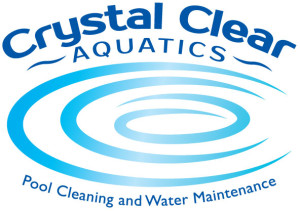 Contact Crystal Clear Aquatics Pool and Spa Services today for all your Palm Beach county pool cleaning, maintenance and equipment needs today at
Contact Crystal Clear Aquatics Pool and Spa Services today for all your Palm Beach county pool cleaning, maintenance and equipment needs today at 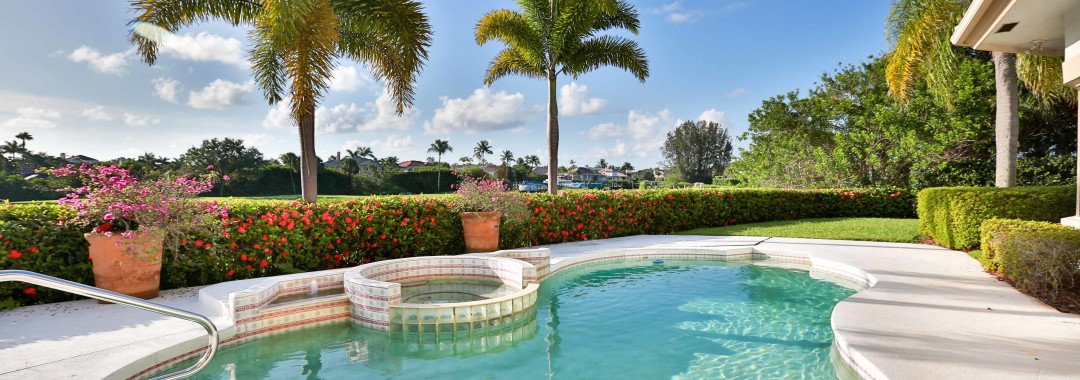
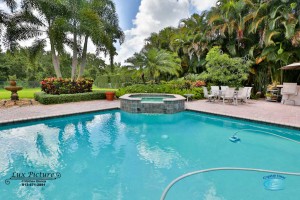
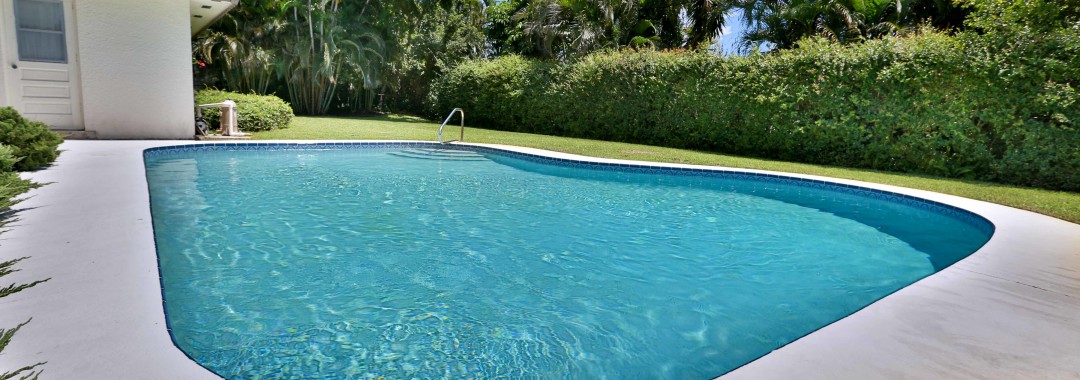
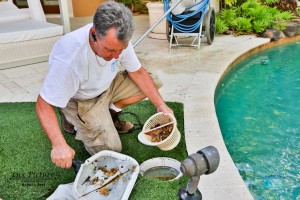
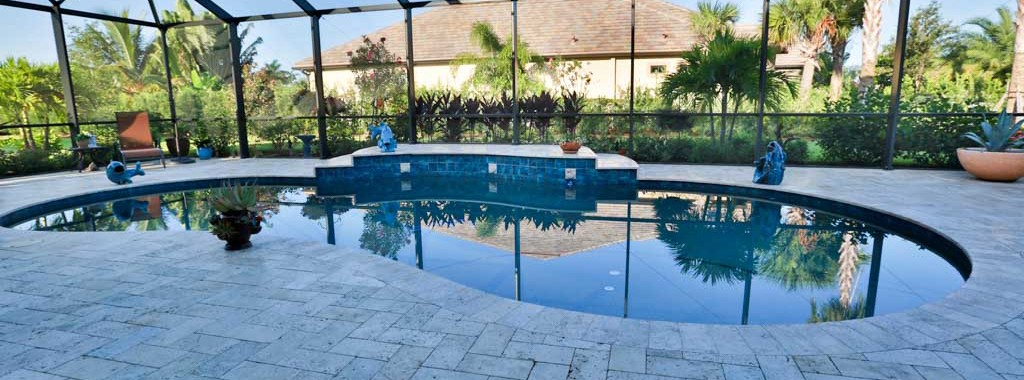
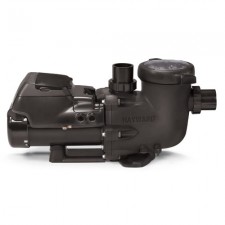 For ultimate energy efficiency, invest in a variable-speed pump, which can be programmed to run at the minimum speed it needs for cleaning/heating. Often available with up to eight varying speeds, variable-speed pumps will adjust their energy consumption to your pool’s needs at different times in the maintenance cycle.
For ultimate energy efficiency, invest in a variable-speed pump, which can be programmed to run at the minimum speed it needs for cleaning/heating. Often available with up to eight varying speeds, variable-speed pumps will adjust their energy consumption to your pool’s needs at different times in the maintenance cycle.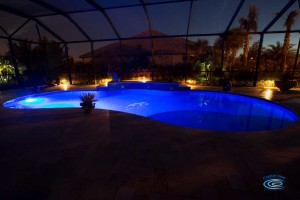
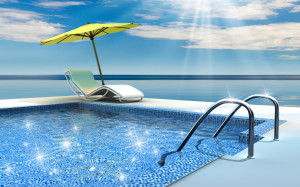 Saltwater pools use a chlorine generator (sometimes simply called a salt system) that creates chlorine from salt. As (low concentration) saltwater travels through the pool’s circulation system, it enters the chlorine generator and a low-voltage current is applied to initiate electrolysis. By introducing electrolysis to the dissolved salt in the water, hypochlorous acid is produced. What is hypochlorous acid? Hypochlorous acid is a weak acid with the chemical formula HClO. It forms when chlorine dissolves in water, and it is HClO that actually does the disinfection when chlorine is used to disinfect water for human use. The hypochlorous acid sanitizes the swimming pool water, and eventually reverts back to dissolved salt in the water, and the entire process repeats as the saltwater passes through the chlorine generator again. The reality is, a salt pool uses the same chlorine as a traditional pool, it just produces it poolside through a different process without any of the additives used to preserve store-bought, packaged chlorine.
Saltwater pools use a chlorine generator (sometimes simply called a salt system) that creates chlorine from salt. As (low concentration) saltwater travels through the pool’s circulation system, it enters the chlorine generator and a low-voltage current is applied to initiate electrolysis. By introducing electrolysis to the dissolved salt in the water, hypochlorous acid is produced. What is hypochlorous acid? Hypochlorous acid is a weak acid with the chemical formula HClO. It forms when chlorine dissolves in water, and it is HClO that actually does the disinfection when chlorine is used to disinfect water for human use. The hypochlorous acid sanitizes the swimming pool water, and eventually reverts back to dissolved salt in the water, and the entire process repeats as the saltwater passes through the chlorine generator again. The reality is, a salt pool uses the same chlorine as a traditional pool, it just produces it poolside through a different process without any of the additives used to preserve store-bought, packaged chlorine.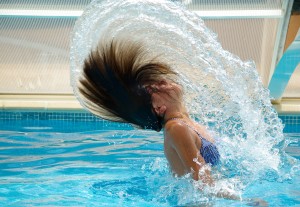 The reason a “salt pool” feels, smells, and generally provides a more pleasant experience, is because, when working properly, the saltwater system is generating enough chlorine to completely finish the process and fully oxidize any organic material that enters the pool automatically every day, with minimal pool owner intervention. The main benefit of using a salt system for your pool are that pool owners don’t have to buy, lug, or measure chlorine for pool use, or worry about spilling and spashing, as well as storing it safely around kids and pets. Other benefits include long-term cost reduction, and consistent pool sanitation without the “peaks and valleys” of consistently treating with chlorine.
The reason a “salt pool” feels, smells, and generally provides a more pleasant experience, is because, when working properly, the saltwater system is generating enough chlorine to completely finish the process and fully oxidize any organic material that enters the pool automatically every day, with minimal pool owner intervention. The main benefit of using a salt system for your pool are that pool owners don’t have to buy, lug, or measure chlorine for pool use, or worry about spilling and spashing, as well as storing it safely around kids and pets. Other benefits include long-term cost reduction, and consistent pool sanitation without the “peaks and valleys” of consistently treating with chlorine.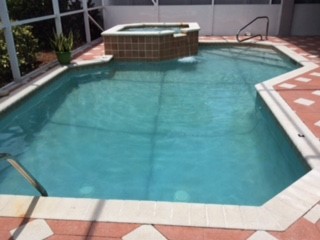
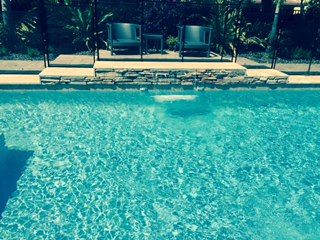
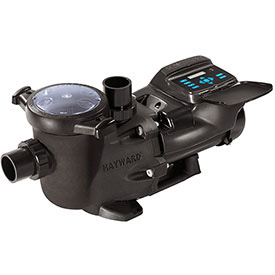 In a pool circulation system, water is drawn from the pool through skimmers and drains by a centrifugal pump. The water passes through a basket in the skimmer and in front of the pump to remove large debris before it gets to the pump’s impeller. The pressure created by the pump’s impeller forces the water through a filter which intercepts any debris not caught by the baskets. In some cases, the filtered water is treated and heated before it is returned to the pool. This system of collection, treatment, and return of pool water is repeated over and over to ensure the water is clean, pleasant, and safe for your family and guests.
In a pool circulation system, water is drawn from the pool through skimmers and drains by a centrifugal pump. The water passes through a basket in the skimmer and in front of the pump to remove large debris before it gets to the pump’s impeller. The pressure created by the pump’s impeller forces the water through a filter which intercepts any debris not caught by the baskets. In some cases, the filtered water is treated and heated before it is returned to the pool. This system of collection, treatment, and return of pool water is repeated over and over to ensure the water is clean, pleasant, and safe for your family and guests.